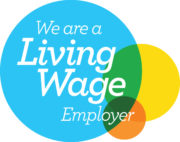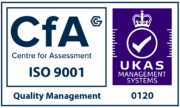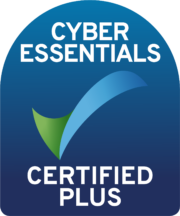Through The Gate Structured Mentoring
Structured Mentoring for People Leaving Custody to Resettle in the Community
Leaving prison to resettle in the community can feel worrying and daunting, especially if you have limited or no support upon release. All of a sudden you have to meet important obligations for your Probation Officer, have expectations placed on you by the Job Centre, all the while, trying to ensure you have a place to live, able to look after your health and maybe rekindle relationships with your family.
Our Through The Gate Mentoring service is designed to support you to keep on track with meeting these obligations, lead a law-abiding life and progress to achieve your goals and ambitions.
Our Mentors are invested in helping you to stay on track with your rehabilitation and resettlement on release. As well as being qualified (minimum Level 3 EAT), all Mentors have lived experience and have “been there and got the T-Shirt”. Mentors understand how you feel because they have faced similar situations themselves. They want to listen to you and help you address any problems or difficulties you may have with your resettlement. They respect your lived experience and won’t patronise you, and will make mentoring sessions productive and enjoyable.
Working closely with your Probation Officer, your Mentor supports you to develop resilience and the necessary skills to meet your obligations and be personally accountable for your resettlement progress, achieving life goals, reducing your risk of reoffending and securing employment.
Ideally, sessions begin shortly before release from custody to develop a rapport with your Mentor and plan for sessions through the gate post-release.
Sessions are normally up to an hour long, and take place in suitable environments where confidential conversations can remain private (such as meeting rooms in easily accessible community venues), as well as digitally (where restrictions allow) and also over the telephone.
Mentors accompany you to some of your probation appointments, as well as to appointments with third-party support organisations.
Mentors also support with overcoming the stigma associated with offences committed and disclosure of convictions. Liaising with employers you’re interested in working with, to carve opportunities for potential employment.
Mentoring Sessions will help with (but not limited to):
- Meeting obligations with Probation
- Supporting to meet claimant commitment with JCP
- Supporting to register with GP
- Applying for housing and accessing housing support
- Inspiring you to hold higher expectations for yourself
- Support with meeting obligations to your Probation Officer
- Understand how to progress forward despite your restrictions and limitations
- Be personally accountable for your progress
- Develop skills that support rekindling relationships
- Develop resilience skills and increasing ability to avoid past peer groups
- Developing resourcefulness to prevent dependence on external support
- Developing job searching skills
- Writing sector-specific CV’s
- Writing job-specific Cover Letters
- Understanding disclosure and overcoming stigma
- Embedding skills for a healthy lifestyle
- Learning skills for self-recovery from alcohol or substance misuse













